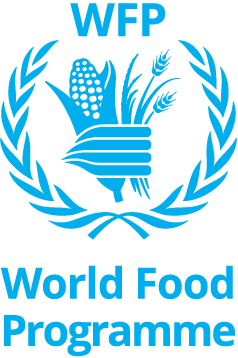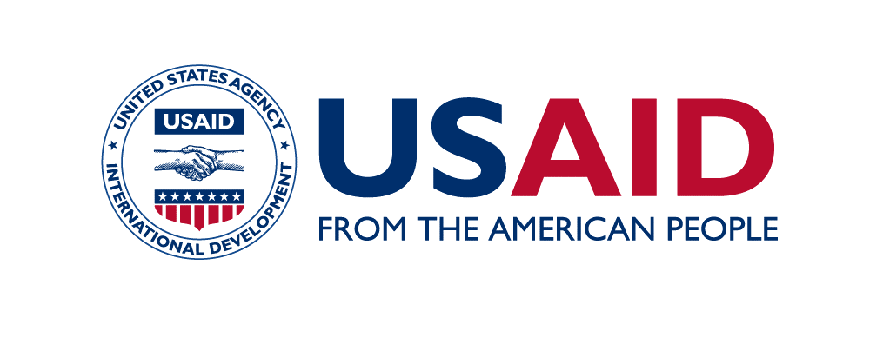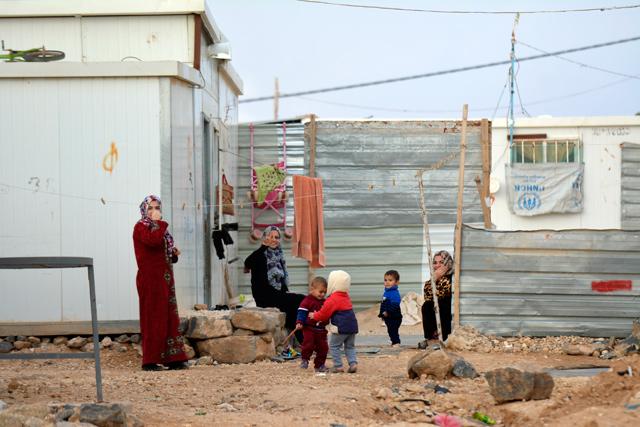You are here
WFP report shows 1.005m vulnerable people assisted in 2022
By Rana Tayseer - Apr 02,2023 - Last updated at Apr 02,2023

AMMAN — The World Food Programme (WFP) injected more than $207 million into the local economy in 2022, reaching 92 per cent of the intended beneficiaries, with over 1,005,000 vulnerable people assisted, according to the WFP’s Annual Country Report for 2022.
In 2022, WFP Jordan completed the last year of its first-generation country strategic plan (CSP) for 2020-2022.
While Jordan started to recover from the socio-economic impact of COVID-19, with the lift of restrictions and overall economic growth of 2.6 per cent, the crisis in Ukraine triggered other problems.
In the second quarter of 2022, domestic prices of basic food items increased by 5 per cent, affecting the purchasing power of Jordan’s most vulnerable people. According to the WFP report, the priorities of key donors shifted towards other countries affected by the conflict, leading to funding challenges in Jordan. This translated into a reduction of assistance distributed to refugees from September to November, the report said.
Rimas Ajaj, a Syrian refugee, said: “I am a mother of three children. I receive support from the World Food Programme. It is very useful, and helps me meet my children’s needs and provide food.”
“Any kind of support provided by the United Nations and international bodies is important to us as refugees,” she added.
WFP provided monthly, unconditional resource transfer assistance to over 467,000 refugees, addressing their basic food needs. WFP assisted half a million boys and girls (including refugees) in communities and camps through the national school feeding programme. Moreover, WFP provided conditional cash-based transfers to 2,300 participants for asset creation relevant to sustainable natural resource management, according to the yearly country report.
In 2022, WFP also supported key institutions responsible for social protection, given that social safety nets are the main tool for ensuring access to food for vulnerable Jordanians.
Key institutions supported by WFP include the National Aid Fund — the main social assistance provider — the Ministry of Social Development, which manages the national social protection strategy and the Ministry of Education, responsible for the national school feeding programme.
WFP supported the health ministry for further development of the national nutrition strategy, which was launched in October. The programme also coordinated with the agriculture ministry to promote efficient water use and sustainable natural resource management among smallholder farmers.
Related Articles
AMMAN — The United Nations World Food Programme (WFP) in Jordan marked the completion of a three-month food assistance programme for Syrian
AMMAN — To help address urgent refugee food security needs in Jordan, the United States Agency for International Development (USAID) is prov
AMMAN — The World Food Programme (WFP) has allocated $699,563,116 for its operations in the Kingdom for the two-year period of January 1, 20
















